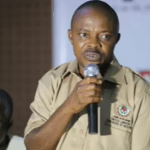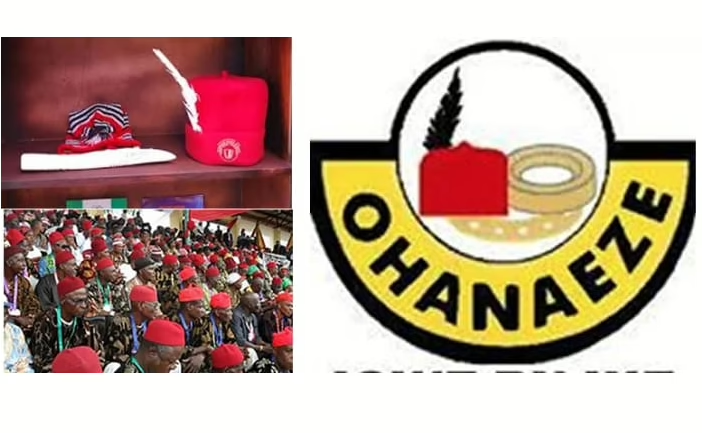Ohanaeze Ndigbo Faction Endorses President Tinubu for 2027, Eyes 2035 for Igbo Presidency
By Oscar Okhifo
Ohanaeze Ndigbo’s Strategic Political Outlook for 2027 and Beyond
The leading Igbo socio-cultural organization, Ohanaeze Ndigbo, has officially announced that no Igbo candidate will challenge President Bola Ahmed Tinubu in the 2027 presidential election. The group emphasized that the Southeast geopolitical zone’s realistic opportunity to produce Nigeria’s president is projected for 2035 rather than the upcoming 2027 polls.
In a recent declaration, Ohanaeze stated, “We have thoroughly evaluated the tinubu-talks/” title=”Tension in Osun as APC sends warning shot to Gov Adeleke days after … talks”>political landscape and concluded that the Igbo should recalibrate their presidential ambitions towards 2035, a timeline that offers a more viable pathway.” The organization also confirmed its commitment to backing President Tinubu’s bid for a second term in office.
Projected Igbo Support and Future Leadership Prospects
According to the faction’s projections, approximately 95% of Igbo voters are expected to support President Tinubu in the 2027 elections, signaling a strong regional alignment with his administration. This strategic endorsement reflects a calculated political alliance aimed at consolidating influence and fostering national unity.
Looking ahead, Ohanaeze identified several prominent Southeast political figures as potential presidential contenders for the future. These include Peter Obi, Ifeanyi Okowa, Pius Anyim, Hope Uzodinma, Chukwuma Soludo, and Rochas Okorocha. However, the faction singled out Senator David Umahi, the current Minister of Works, as the most promising candidate to lead the Southeast’s presidential bid in 2035.
Internal Disputes and Clarifications Within Ohanaeze Ndigbo
Earlier reports suggested that the youth wing of Ohanaeze Ndigbo had persuaded Peter Obi not to contest against Tinubu in 2027. This claim was subsequently denied by the youth faction, which asserted that no such consensus had been reached. These contradictory statements have sparked speculation about possible divisions within the organization, raising questions about the representation of various interests within the Igbo socio-political landscape.
The faction responsible for the recent endorsement issued a statement signed by Deputy President General Mazi Okechukwu Isiguzor and National Spokesman Chief Thompson Ohia. They affirmed that the decision followed extensive consultations with Southeast political stakeholders and was grounded in pragmatic political considerations rather than emotional impulses.
Political Realism and Regional Collaboration: The Path Forward
“Our stance is driven by political realism,” the statement emphasized. “The Igbo must engage in strategic alliances with other regions and exercise patience to maximize their influence. The optimal moment for an Igbo presidency is 2035, not 2027.” This approach underscores the importance of timing and coalition-building in Nigeria’s complex political environment.
With Nigeria’s 2027 general elections approaching, the Southeast’s political actors are recalibrating their strategies to ensure long-term gains. Current political analysts note that such calculated patience could enhance the Igbo’s chances of securing the presidency in the future, especially as demographic shifts and political dynamics evolve.

















0 Comments